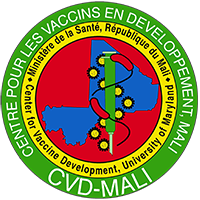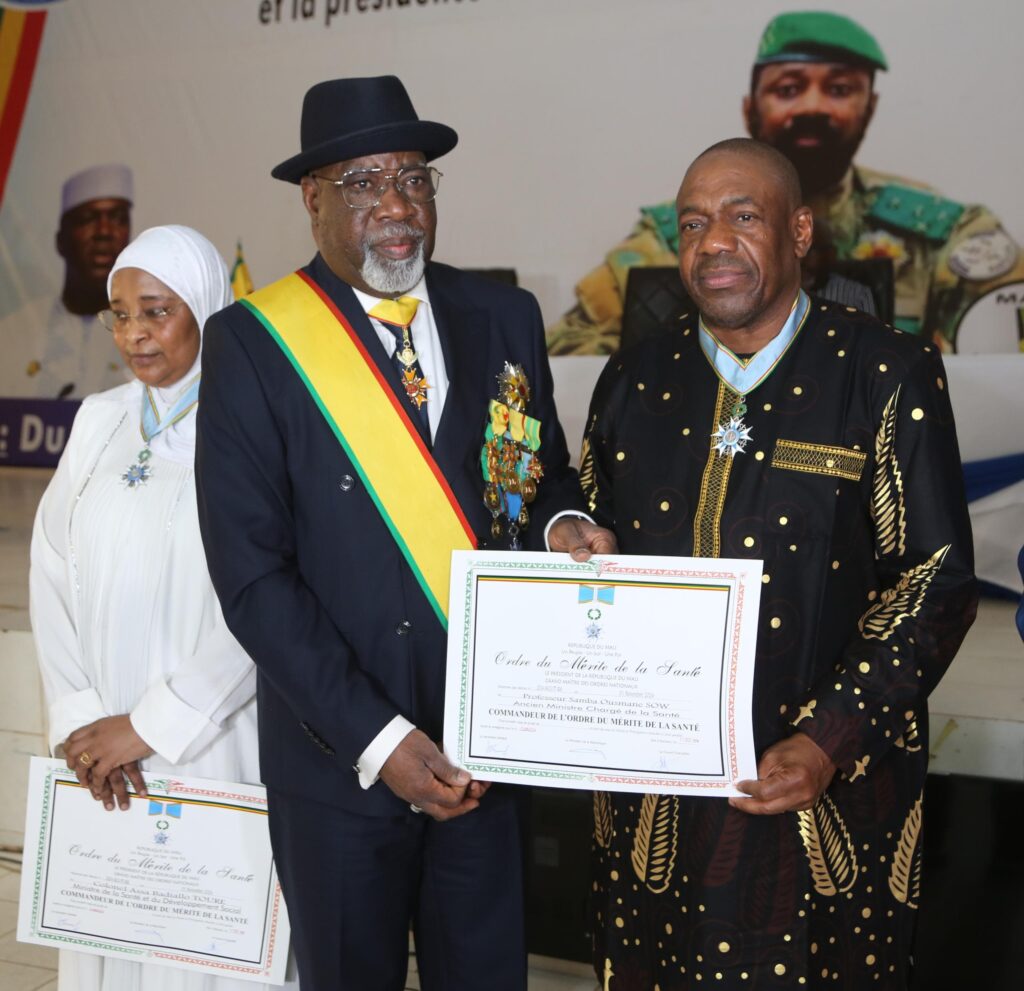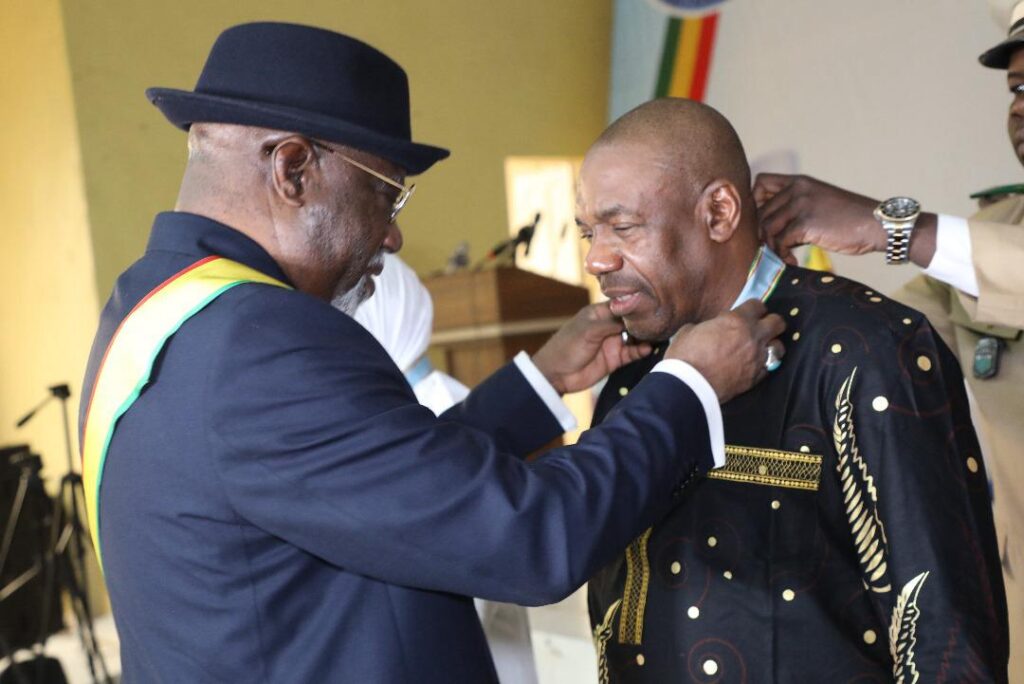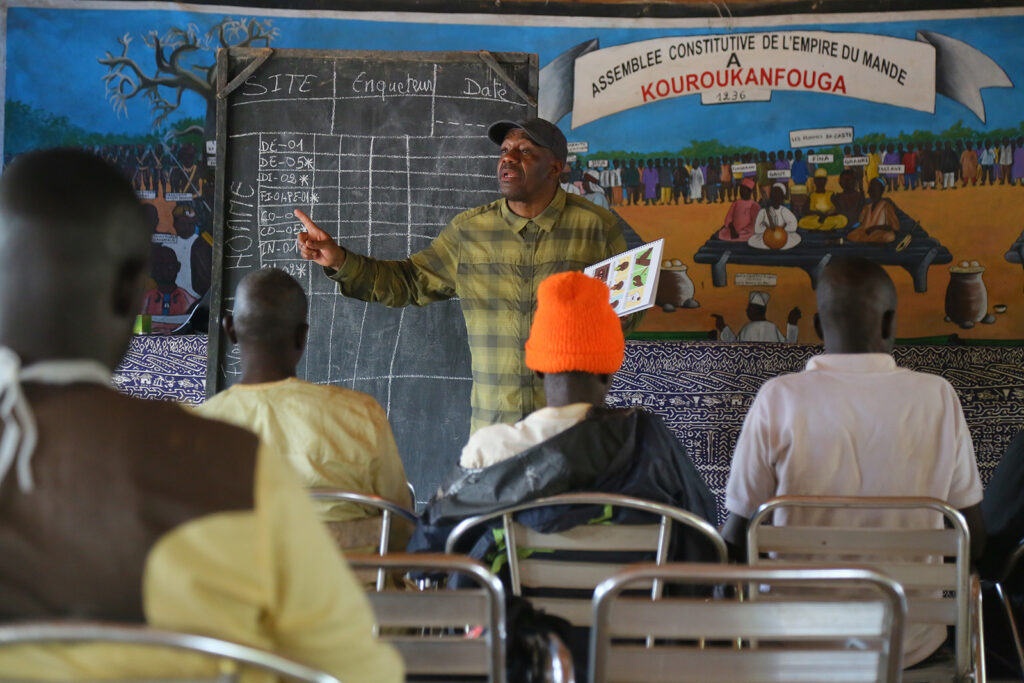Multi-intervention mass drug administration in Sikasso, Mali
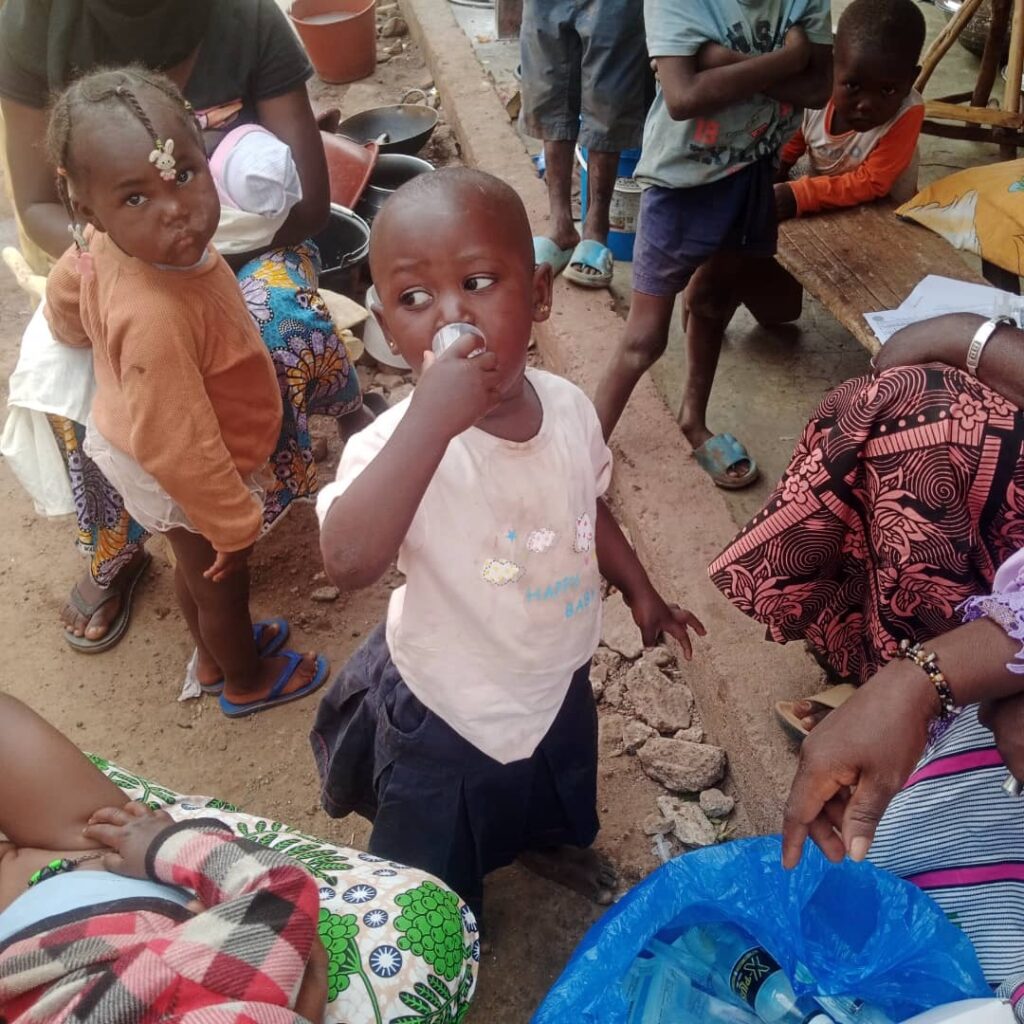
In January 2025, REACH Mali, in collaboration with the Malian Ministry of Health and Social Development, embarked on a groundbreaking mass drug administration (MDA) in the Sikasso region, aiming to address the pressing child health crisis in Mali.

Over two weeks, an extraordinary campaign was carried out to ensure that every child, including those in transient and undocumented communities, received life-saving interventions.
REACH Mali teams administered some 650,000 doses of azithromycin across six health districts.
Essential services – and hope
In many remote villages, REACH health workers were the first organized health teams to visit, offering not only treatment but also reassurance – and hope – for communities that had long been without essential health services.
Families who had never before been reached by vaccination programs or other child health interventions welcomed the teams with open arms, recognising the value of the services provided.
Focus on zero-dose children
One of the most remarkable aspects of the Sikasso MDA was the focus on zero-dose children—those who had never received any form of routine immunisation or essential health care.
Through detailed enumeration and microplanning, teams ensured that these children were identified and treated, even those living in transient, nomadic, or hitherto undocumented communities.
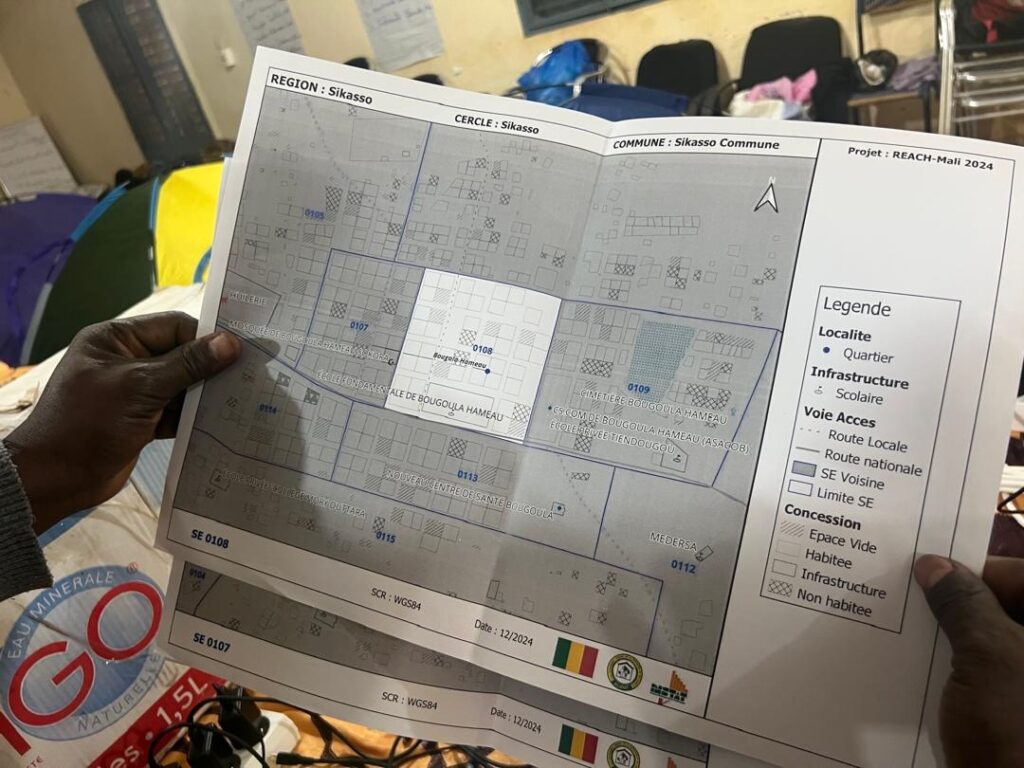
The REACH Mali MDA teams had to overcome immense logistical challenges: reaching remote populations required the deployment of mobile teams, collaboration with community leaders, and innovative strategies to ensure that all eligible children were treated.
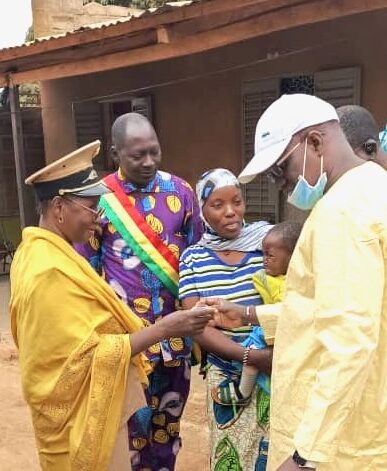
“The REACH Mali team’s dedication to improving child health in Mali is to be commended and celebrated. The strategic integration of azithromycin distribution with the Semaines d’Intensification des Acitvités de la Nutrition (SIAN) platform, and other vital nutrition and deworming programmes, ensures that essential health interventions can reach even the most remote communities, bringing tangible benefits to thousands of children.
Honourable Minister, Médecin Colonel Assa Badiallo Touré
“The Ministry of Health and Social Development, on behalf of the Government of the Republic of Mali, extends its gratitude and thanks to the REACH Mali teams, who have worked tirelessly throughout the period of this MDA and will continue to do so as the intervention expands throughout the country.”
Minister of Health and Social Development, Republic of Mali
Combining interventions for maximum benefit
The impact of the integration of multiple health interventions cannot be overstated.
By combining azithromycin MDA with Vitamin A, albendazole, and nutrition supplementation, REACH integrates a comprehensive child health platform that addresses multiple risk factors simultaneously.
This not only improves the immediate well-being of children but also lays the foundation for longer-term reductions in child mortality and morbidity.
Success – and challenges
Despite its successes, the MDA in Sikasso also highlighted critical challenges that must be addressed for future scale-up of the REACH intervention. Microplanning efforts, while detailed, did not always reflect realities on the ground, and required real-time adjustments in the field.
As well as this, the financial sustainability of integrating multiple interventions remains an ongoing concern, particularly in underfunded areas. Nevertheless, the overwhelmingly positive response from communities and the high levels of coverage achieved confirmed the viability of this approach.
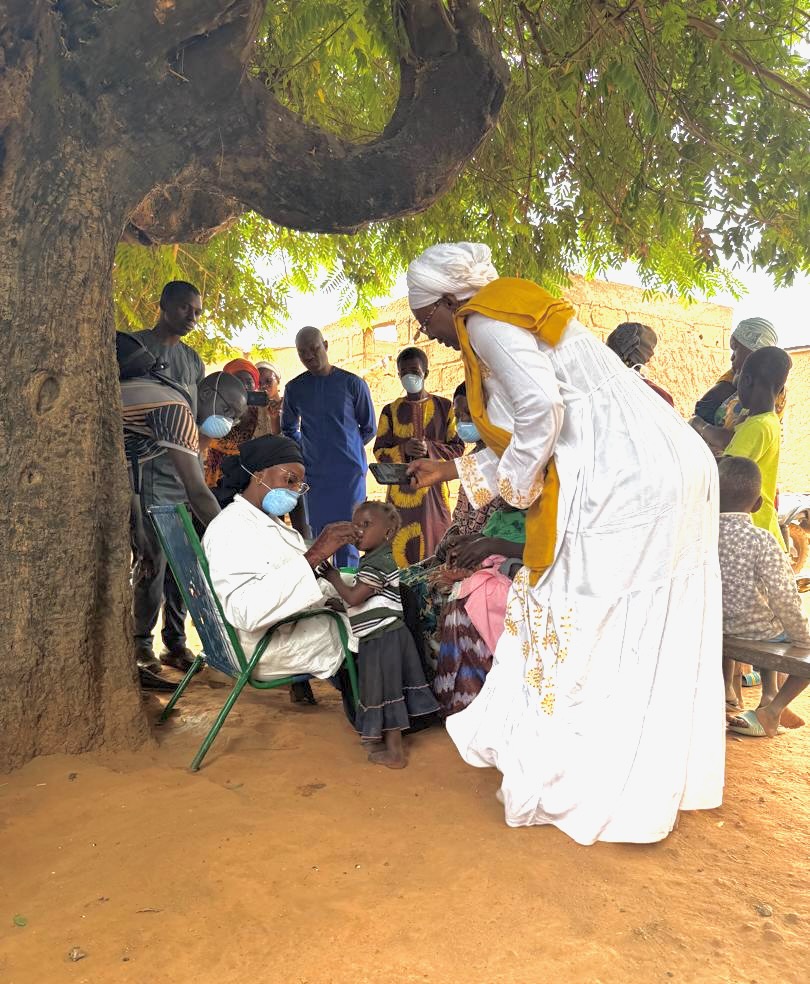
Responsible for managing the MDA in Sikasso, the Director-General of CVD-Mali, Professor Samba Sow, said:
“Launching the national azithromycin distribution in Sikasso, after a pilot distribution in Baroueli, Segou, the REACH Mali team is taking huge steps towards reducing child mortality in Mali.
“The REACH initiative exemplifies the virtues of collaboration in public health, bringing together researchers, government programmes, health officials, and community leaders, all of whom are united in their commitment to enabling Malian children and communities – no matter how remote – to live healthy, productive lives.”
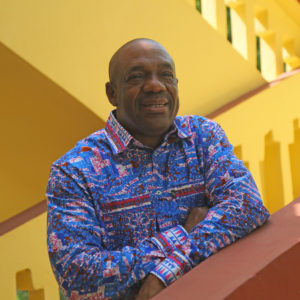
Speaking after completion of the MDA in Sikasso, Director of the General Health Directorate, Mali, Dr Cheick Amadou Tidiane Traore said:
“The REACH Mali azithromycin MDA is a monumental effort to address some of the critical health challenges faced by children in Mali. The focus on delivering services to remote populations and to children who haven’t had any access to vital healthcare interventions to date, is crucial to reducing under-five mortality rates in our country.
“It is also an important contribution to the overall strengthening of healthcare infrastructure, as we work together to ensure young and future generations are able to enjoy better health ad greater prosperity.”
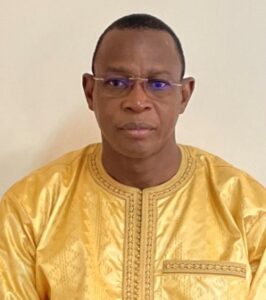
Impact and efficiency
The REACH Mali program in Sikasso is a model for how MDA can be leveraged as a platform to tackle the child health crisis.
By ensuring that children in even the most remote and vulnerable populations receive essential health services, this initiative is actively working to reduce child mortality in Mali in an efficient and impactful way.
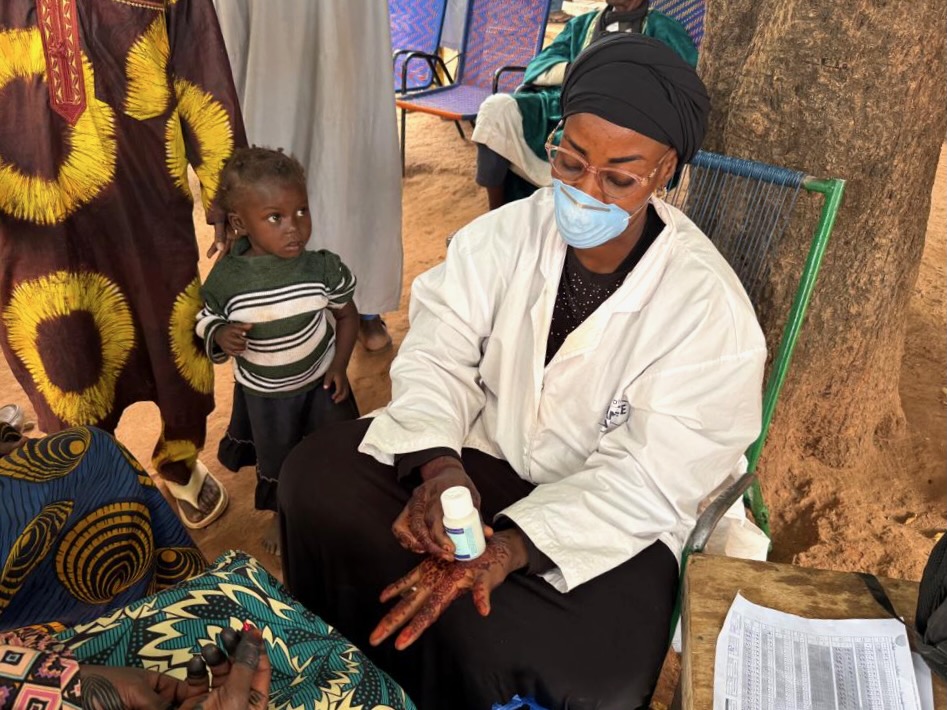
Following the first MDA in Sikasso, and as mop-up activities continue, the REACH Mali team is now planning first round MDAs in the Segou, Kayes, Koulikoro, Mopti, Gao, Tombouctou, and Kidal regions.
Second-round planning for Segou, Kayes, Sikasso and Koulikoro is also underway.
The lessons learned from Sikasso will guide efforts to refine and expand this life-saving intervention, to ensure that no child is left behind.
